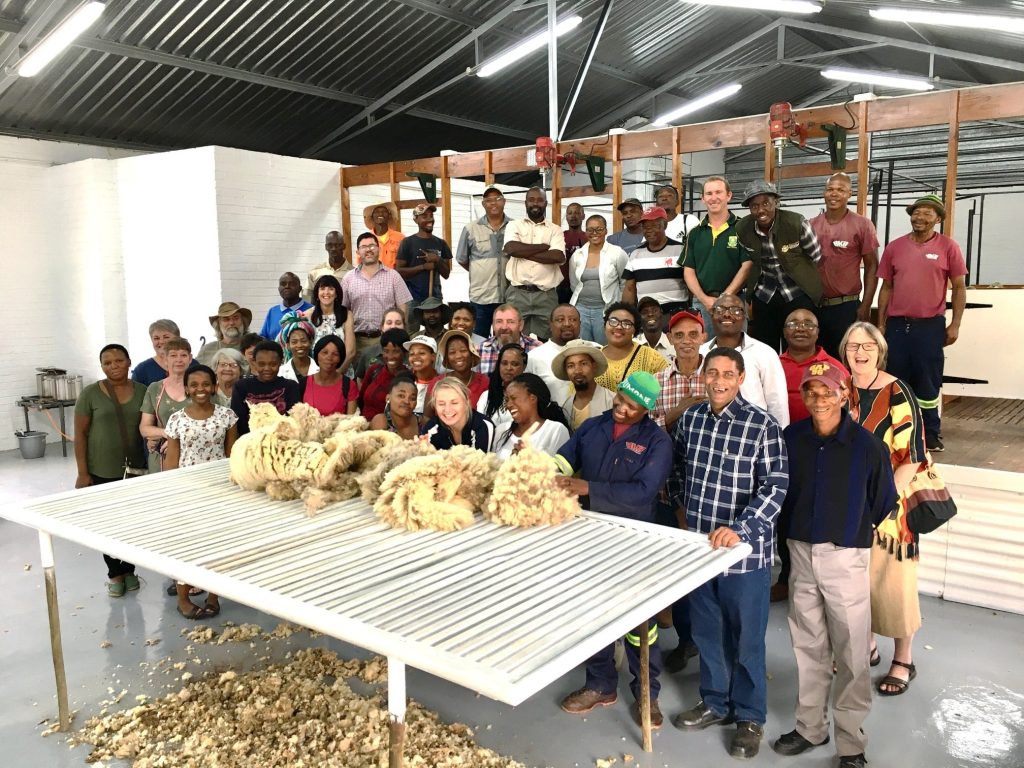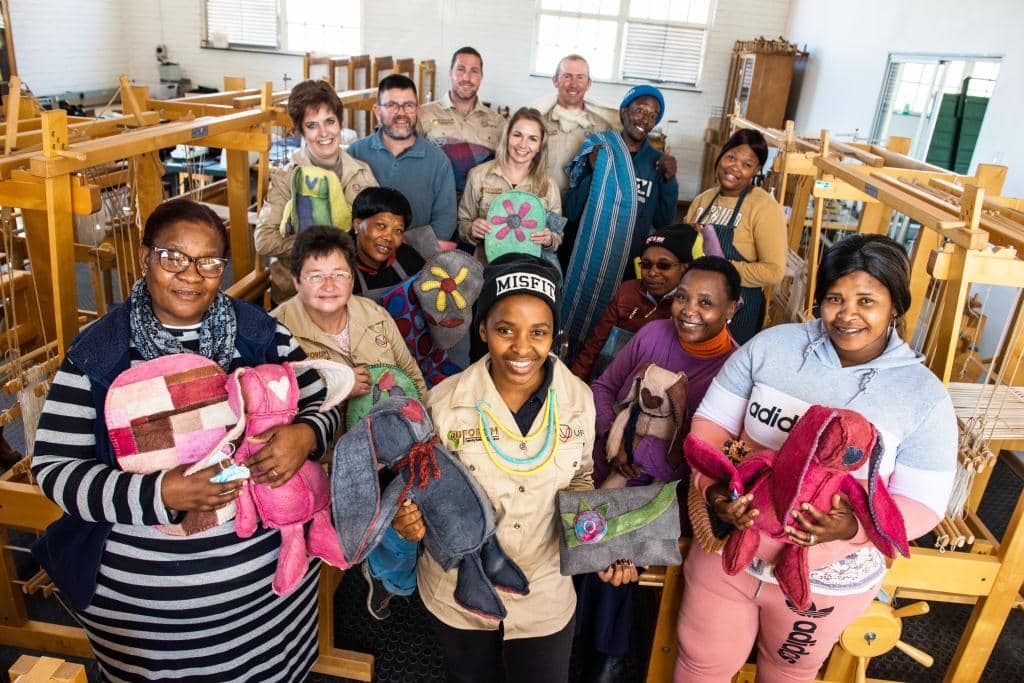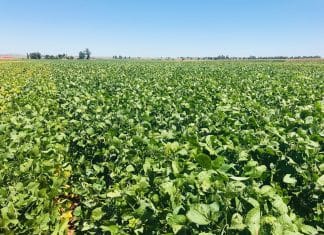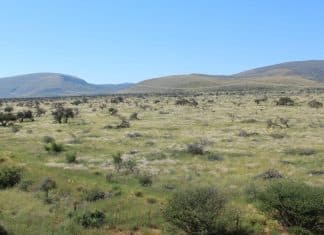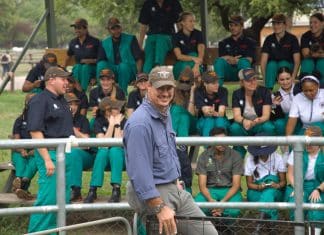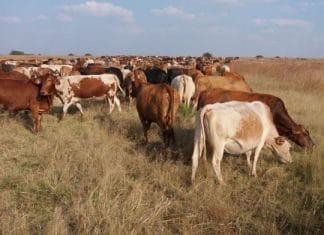Estimated reading time: 4 minutes
A project by the University of the Free State’s (UFS) Department of Sustainable Food Systems and Development, which aims to expand the wool value chain in the Free State’s rural areas, is bearing fruit. The Ruforum project consists of different legs, among them empowering local small-scale wool producers to become more competitive.
Read the article in Afrikaans.
This enables producers to run their own profitable, sustainable and renewable enterprises, thereby alleviating poverty and establishing a sustainable way of life. Dr Jan Swanepoel, senior lecturer and researcher at this department, and Carien Denner-Vorster, project co-ordinator, are the driving force behind this project which was launched in 2019.
Dr Swanepoel’s proposal and action plan were presented to Ruforum (Regional Universities Forum for Capacity Building) and approved. Since then, the project has gone from strength to strength. Ruforum is a network of 47 universities in Africa that focus on developing and promoting the agricultural industry in Africa.
Community farmer development
There is mounting pressure on producers from developing countries to commercialise their farms. This requires new skills and training that will assist them in becoming competent entrepreneurs. Producers usually also require assistance in terms of infrastructure and improved market access – challenges that must be identified and addressed, says Dr Swanepoel.
The project is modelled on the commercialisation of wool-producing small-scale farmers in rural areas in the Free State. Strategies were developed and implemented to overcome the challenges these producers experience.
Read more about the ABCs of wool processing.
The wool industry in the country has a lot of room for expansion and offers ample opportunity for growth. In terms of international demand, the current volatility due to aspects such as the (now lifted) ban on wool imports by China, can create other opportunities. Niche products made from wool can also make a major contribution to the existing value chain.
Training as a focal point
According to Dr Swanepoel, the project has several focal points. One of them is improving the skills of wool growers, sheep shearers, and men and women from the community through knowledge and skills training. The university’s Paradys experimental farm just south of Bloemfontein serves as the support base for wool production and processing.
Training offered to farmers and students includes wool classification, sheep handling, flock management and health. It is especially the know-how and classing of wool that small-scale farmers find very valuable, as it allows them to derive more value from their wool clips. Women from the different communities are also trained to add value to wool production by converting the less valuable wool from sheep into marketable products, without having to use expensive equipment.
Research in the value chain
Carien says the project has a research component modelled on different aspects of the wool value chain. Research focusses on the evaluation, testing and development of certain technologies and social and economic situations. Five postgraduate students from different departments of the UFS are involved.
The students’ research includes the empowerment of small-scale wool farmers to enter and compete in the commercial market, better parasite control in flocks, marketing of niche products and washing of wool.
Greater opportunities for growth
Co-operation agreements have been signed with other university institutions and the Western Cape Department of Agriculture to implement certain aspects of the wool project in the province. Women in these areas will also receive training to add value to wool production.
Participating farmers are also encouraged to join agricultural organisations, which offers exposure to the formal sector and access to information pertaining to the wool industry (prices, trends and markets). – Christal-Lize Muller, Stockfarm
For more information, contact Dr Jan Swanepoel on 078 457 7655 or swanepoeljw@ufs.ac.za, or Carien Denner-Vorster on 079 891 6145 or dennerc@ufs.ac.za, or visit the Facebook page UFS WoolWise.

